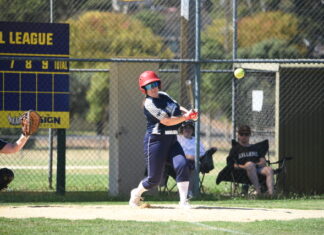STATE law requiring councils to subsidise the rates of not-for-profit community housing providers is unfair on Wattle Range residents and should be changed, Mayor Peter Gandolfi says.
Ratepayers will foot a $90,000 bill after housing provider Unity Housing sought a 75pc rebate on its payable rates for former Housing Trust properties.
Under state legislation, social housing providers are entitled to a 75pc discount on rates on the grounds they are a community service.
Almost 200 former state-owned properties were transferred to Unity Housing last year, with most properties paying $150 per year in rates.
Following the transfer of the houses to the not-for-profit sector, the State Government is relinquished of responsibility, with properties and tenants eligible for Commonwealth funding.
The Local Government (Accountability Framework) Amendment Act introduced an expanded definition of bodies eligible for the community services rebate to include registered housing associations.
The bill, introduced to the Legislative Council in 2009 by the then State/Local Government and Government Enterprises Minister Gail Gago, was supported by then Liberal Upper House leader David Ridgway.
Mr Gandolfi also called on the State Government to further amend the Local Government Act to charge rates on wind turbines on private property, claiming the move will reduce rates by 5pc.
Last year, council voted in support of a new rate model to charge electricity generators, including the Canunda and Lake Bonney wind farm and the Snuggery and Katnook power stations rates using a formula similar to what is used in Victoria.
According to Mr Gandolfi, council would collect more than $770,000 per year from the four electricity generators.
“Currently the wind turbines, the structures themselves, are not rated at all,” he said.
“They have a capital value of $0.
“The only rates collected on anything to do with wind farms is the land below it, which is valued at $50,000.
“When we look at Snuggery and Katnook, the Snuggery power plant and Katnook are valued at $80,000 and they are paying $600 a year in rates.
“They are paying the equivalent of a vacant block of land in Kalangadoo or Millicent.”
Mr Gandolfi said the resolution had been endorsed by councils across the state, with the Local Government Association of South Australia in the process of putting together a paper outlining potential legislative changes.
“Electricity generators and community housing authorities are able to lawfully avoid paying their fair share in rates,” he said.
“The Local Government Act needs to be amended to ensure the rate burden is applied fairly.”







